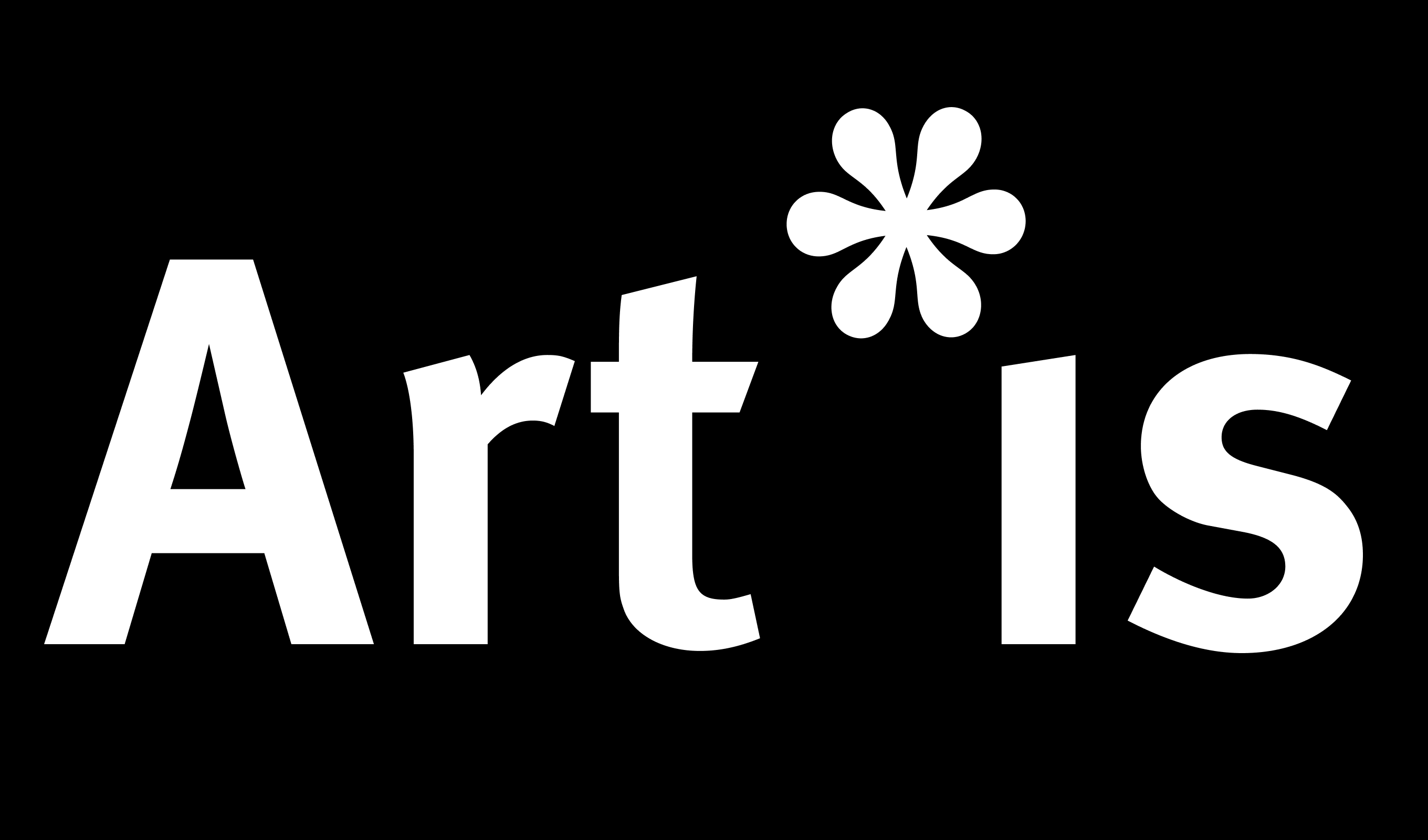written by Corinna Kühnapfel
ARTIS member Matthew Pelowski speaks on the role of visual art for understanding brain disorders and Parkinson’s Disease in the lecture series “Musik und Medizin” (Music and Medicine)
Matthew Pelowski participated as a guest speaker at the online lecture series “Musik und Medizin,” which took place on the 28th of October 2021 at 18:00. His lecture was titled “Unlocking the Muse: Epidemiological and Empirical Insights into Why Parkinson’s Disease Might, or Might Not, Lead to Changes in Creativity or Artistic Expressions”. The lecture series was organized by the interuniversity institute Wissenschaft und Kunst in a cooperation with Unversität Mozarteum and Paris Lodron Universität Salzburg and represented an exciting opportunity to meet with a range of stakeholders (students of art, psychology, neuroscience, artists, art therapists, researchers) about a key emerging avenue for the use of art as an answer to societal challenges—in this case as a way to understand and even address the changing brain and body in relation to aging and disease.
For more information please visit: http://www.moz.ac.at/de/events/event.php?vanr=14482
